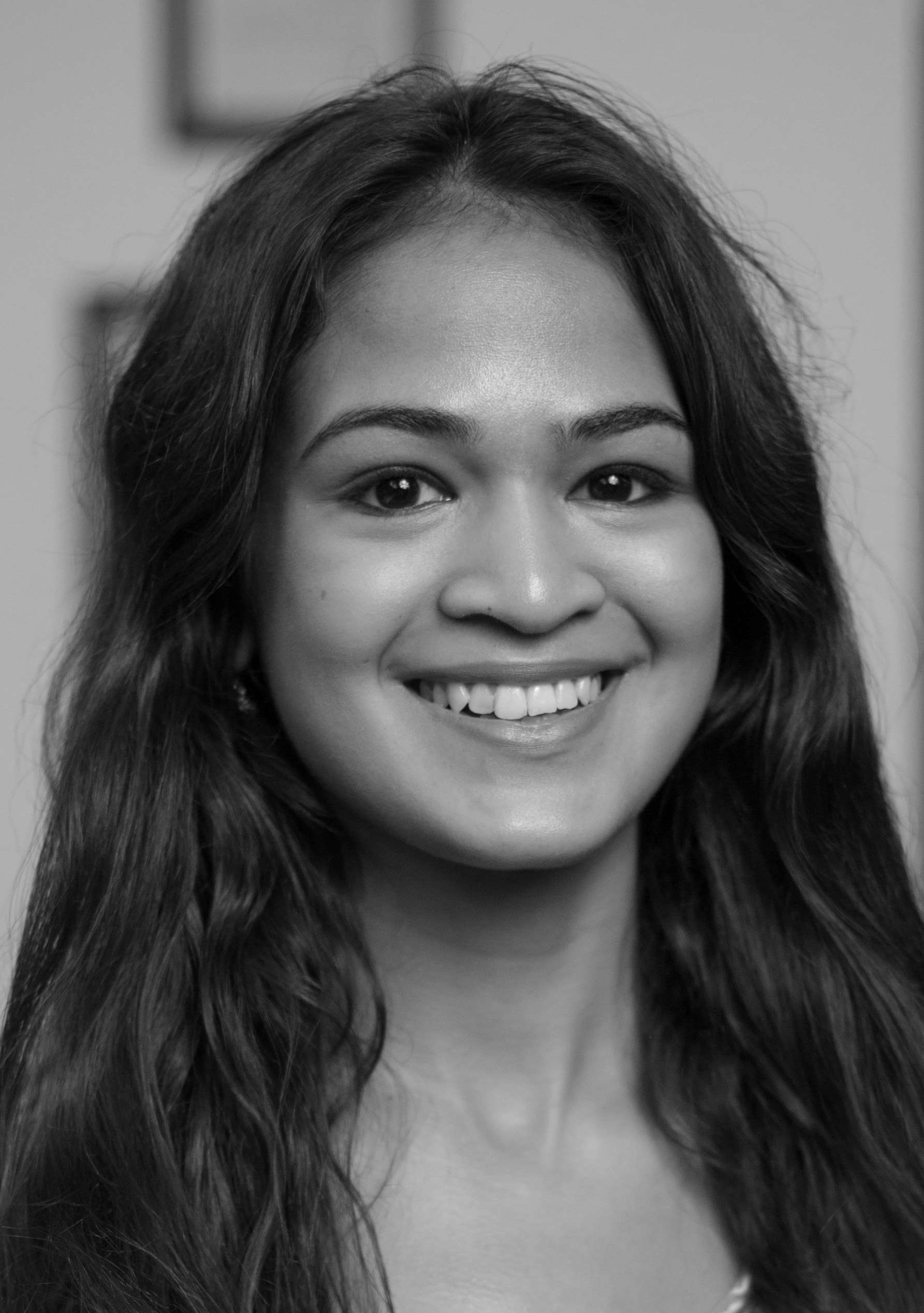My parents told people that I had been in a car accident. It was a lie borne out of love, I know — a way to protect me from the difficult questions they didn’t think I was ready to answer.
It made the first few weeks back home unbearably awkward. Family friends — the ones I only knew through vague bits of small talk at dinner parties — would look me up and down, searching for the physical markings of an imaginary trauma branded on my skin.
“I’m okay,” I would assure them, offering a close-lipped smile.
“It’s been an emotional roller-coaster,” my mom would jump in. “She doesn’t really like to talk about it.”
“Well, you look good,” they would say, their eyes soft with sympathy.
In those moments, I loathed them for their well-meaning condolences — for their superficial expectations of what “good” looked like.
Last March, I tried to kill myself. I was exhausted and desperate, searching for an escape from the gray plains of my depression. At the time, swallowing pills seemed like the only way to muffle the voices that reverberated within my head — the ones that whispered about how worthless I was while maneuvering through the 6 p.m. dinner rush at the Marketplace; how pathetic, as I laughed and hugged my sisters during Bid Day.
The doctors told me I was lucky to be alive. Nurses stationed outside my room called it a miracle. My parents, haggard and solemn, attributed my survival to the power of prayer. Seven months later and I’m still not sure what to believe.
If I were the protagonist in a cliché young adult novel about mental illness, my attempted suicide would have been the turning point in my journey towards self-discovery. The 300-page paperback would gloss over the 72 hours I spent in the hospital — fast forward through the grogginess, the boredom, the bitter taste of activated charcoal in my mouth. It would skip the mundane and barrel instead toward the inevitable conclusion: Life is worth living.
It is easy to give into that hopeful narrative; to hide underneath a candy-coated veneer of happiness; to nod and smile and agree that yes — I am doing so much better, thank you for asking.
“I’m not lying,” I tell my dad over Skype. “I’m all right, I promise.”
“I’m fine, Mom,” I insist, whenever she calls. “More than fine, actually. I’ve been doing great.”
In truth, I still cling to depression like the threadbare baby blanket I drooled over when I was four. Every now and then, I even find enjoyment in the modicum of companionship that it provides. Depression dulls the sharp edges of my world — soothes my frayed, tattered nerves in the instances when I forget how to simply be.
I may be better, but I am not fine — and I am certainly not great. As much as I want to conclude this narrative on a note of cautious optimism, recovery is not a linear progression. My obstacles are not easy to overcome; I am not a fictional character who emerges on the other side as a stronger, wiser version of herself. Reality doesn’t operate under the same assumptions that bind a made-up universe — where the rising action and subsequent climax herald an unambiguous resolution that ties up loose ends and signals the end of the final chapter.
I’m not all right. I am, however, learning to accept the complexities of my illness by navigating its rough-hewn landscape — one made up not of peaks and valleys, but of sun-baked dirt and jagged pieces of gravel that cling to my bare feet.
I am learning how to wake up every morning, unencumbered, before the weight of the next 12 hours settles heavy on my chest.
I am learning that the white-hot scars caressing my wrist, my hips, the inside of my thighs, will serve as a permanent reminder of where I once was — and, to a certain extent, where I still linger.
I am learning how attached I am to the pried-apart razorblades tucked away in the back corner of my dresser.
I am learning that what is familiar is not always healthy, though it does provide a fragment of comfort.
I am learning that my ability to endure does not make me brave — just tired.
I am learning that I’m not okay — not yet, maybe not ever.
I am learning that all sad stories do not have happy endings. And I am learning how to live with that.
“It’s been a difficult year,” I tell people when they ask. “I don’t really like to talk about it.”
Sana Vasi is a senior Diplomacy and World Affairs major. She can be reached at vasi@oxy.edu.
![]()



































